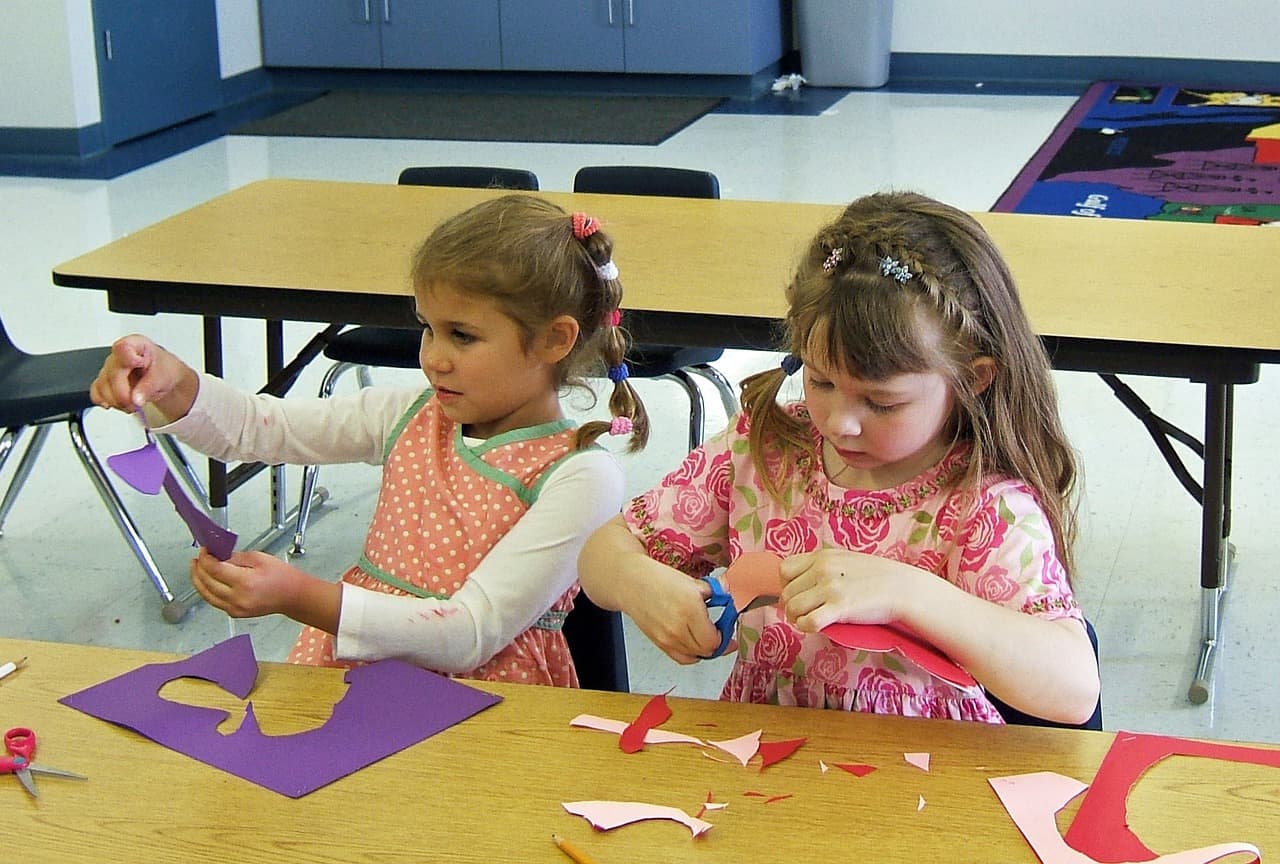When it comes to raising happy, healthy, and functional adults, we don’t always consider organization skills high on the list of “must teach” skills. But when you lean in and understand the importance of being organized, it’s clear that helping our children become more organized in their daily lives actually has a significant impact on them.
Why Organization Skills Matter
We often think about being organized as the opposite of being messy. In other words, the reason you get organized is so that you don’t have to live in a messy environment. And while this is certainly one benefit, the value of organization skills goes far beyond this. Consider that:
- Organized people are less stressed and report lower anxiety levels than average.
- Organized people are shown to perform better in school and at other formal activities and extracurriculars.
- Organized people are typically happier and experience less irritation and frustration on a daily basis.
- Organized people tend to get sick less and are less prone to allergies.
- Organized people follow directions better and are more dependable when specific expectations are placed on them.
- Organized people have superior critical thinking skills and are able to come up with thoughtful ideas and plans in their own minds.
These are just a few examples of the benefits of being organized. Every individual has a different experience and some people may enjoy additional advantages.
3 Tips for Teaching Kids Organization
As any parent knows, kids aren’t born organized. In fact, they’re more like wild raccoons who will destroy anything and everything that comes in their way. If you want them to benefit from being more organized, you have to teach them how. Here are some tips:
1. Create and Display a Family Calendar
It’s good to have a family calendar on display for everyone to see. On this calendar, you can write down the different events, tasks, and expectations for the week. This gives children a better idea of what the week has in store for them. It also assists their grasp of time by showing them how to look ahead multiple days. If children are too young to read, you use drawings or stickers to indicate different events like school, piano recital, or basketball practice.
As your children get older, bring them into the weekly planning process. Set a time each Sunday for the family to gather together and plan out the week’s events.
2. Teach Your Child to Pack Their Backpack
You might think a backpack is just a place for carrying books and school supplies, but it’s much more than that. From a very young age, kids should be taught to take responsibility for their own bags.
“Do regular backpack audits. Your child’s backpack is a crucial link between home and school—so it’s important to keep it neat,” Kiddietotes explains. “Schedule a time each week for your child to clean out and organize her backpack. This teaches them responsibility and gives them some control over their items. Hold them accountable for not keeping their bag tidy…at least what is reasonably tidy for a toddler.”
This may seem like a small thing (and it is), but it’s very important. The lessons learned from keeping a backpack clean, organized, and stocked with the right items will spill over into other areas of their life as they get older.
3. Give Out Daily Checklists
Children as young as two years old can be taught to follow a daily checklist of chores and responsibilities. And while they’ll obviously have to be age-appropriate, giving your children to-do lists empowers them to be more organized and responsible.
For best results, create daily routines that they’re expected to follow. A morning routine might look like making up your bed, brushing your teeth, getting dressed, and spending several minutes in structured free time. A nighttime routine might look like getting in pajamas, brushing teeth, cleaning up the playroom, picking a bedtime story, and getting in bed by a certain time.
Adding it All Up
Organization skills are learned over time. The best thing you can do is lead by example. If you expect dirty clothes to be placed in the hamper and clean dishes to be unloaded in a timely manner, you have to do the same. Make it a family affair and everyone will benefit.
